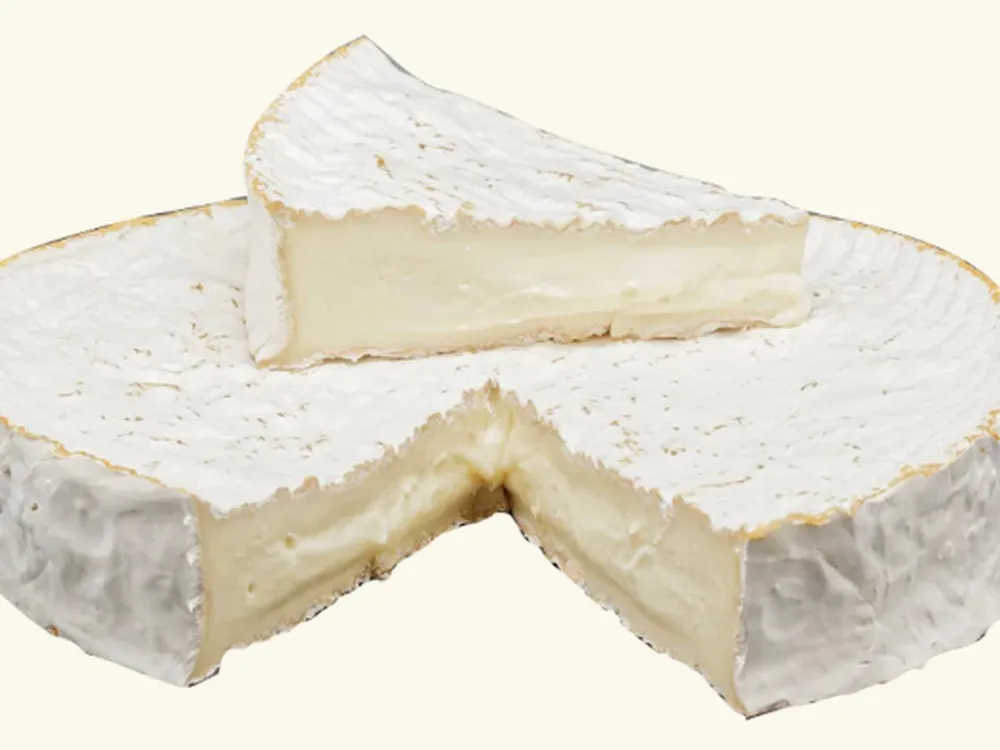
Can Dogs Eat Brie Cheese?
While some dogs may enjoy a small piece of Brie cheese as a tasty treat, it's important to remember that cheese should not become a staple.
Dogs, like humans, vary in their ability to digest lactose. Some dogs may experience gastrointestinal issues if they consume large amounts of cheese, including Brie.
Additionally, high-fat foods like Brie can lead to weight gain and pancreatitis in dogs.
If you offer your dog a taste of Brie cheese, do so in moderation and monitor their reaction closely.
Brie Q & A
-
Can You Eat Brie Cheese While Pregnant?
It’s hardly news to anyone that pregnancy is one of those times when women feel a little bit cautious …
Read More -
Can Cats Eat Brie Cheese?
As much as the enticing aroma of Brie cheese may tempt our feline friends, it is not an appropriate …
Read More -
Can You Freeze Brie Cheese?
Freezing Brie cheese will alter its texture and flavor, making it less desirable as a commodity, although still perfectly …
Read More -
How Long Can Brie Cheese Sit Out?
Like most perishable items, brie cheese should not be left at room temperature for an extended period. In such …
Read More -
How To Store Brie Cheese
Proper storage is crucial to maintaining your Brie cheese's quality and safety. It should always be kept refrigerated at …
Read More -
Does Brie Cheese Melt?
Yes, Brie cheese melts very well.
Brie cheese's high-fat content allows it to soften and melt when exposed to …
Read More -
Is Brie Cheese Gluten-Free?
If you're following a gluten-free diet, you'll be glad to know that Brie is naturally gluten-free. Gluten is a …
Read More -
Is Brie Vegetarian?
No, Brie cheese is not vegetarian. Traditional Brie is made with rennet, an enzyme harvested from the stomach lining …
Read More -
Is Brie Lactose-Free?
If you're lactose intolerant, you may wonder if Brie is safe to consume. While Brie cheese does contain lactose, …
Read More
